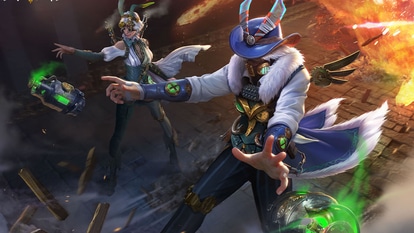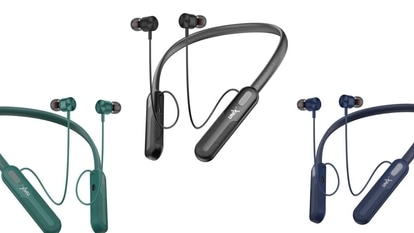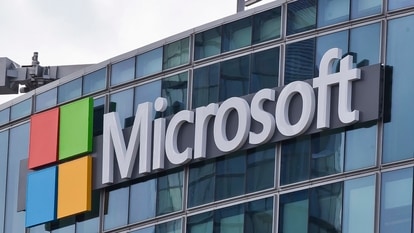Google, Microsoft challenging Apple?
Taking a cue from Apple, Microsoft and Google have also broadened their vision and introduced gadgets - Surface tablet and Nexus 7 - to sell their software. While it may seem like a new trend, it isn't just a knee-jerk reaction to competition, writes Abhishek Baxi.
I idolize Bill Gates, and have seen him talking about 'the magic of software' countless times. For Microsoft, it all started with DOS for IBM PCs. Gates's philosophy translated into a history of partnerships with OEMs that brought Microsoft's software to market. Several technology companies, including Google, followed the ecosystem in principle; evangelizing the platforms while taking profit margins as the hardware manufacturers managed the last mile delivery to consumers.
That, however, is changing now. While several experts argue that Microsoft and Google are taking a cue out of Apple's book because of latter's success, the move isn't a knee-jerk reaction to competition. Also, it involves comprehensive investments in resources, acquisitions, and research, apart from the shift in mind-set. Apple offers an end-to-end experience developing the operating system and designing brilliant devices that it retails at company owned or franchised stores.
Microsoft: Sleepless in Seattle
In my opinion, Microsoft's big switch is a tad ironic. The move comes less to fight against rival Apple but more to showcase its vision with the operating system and user experience to its hardware partners. Microsoft delivered a fine operating system with Windows 7 but OEMs failed to deliver brilliance in design that consumers wished for and innovations in experience that Microsoft hoped for. A PC World survey few years back found out that an Apple Macbook was the best laptop to run Windows Vista! Several of my friends have bought Macbooks while using them primarily for Windows. And then there has been the long-standing problem of bundled software, popularly called 'crapware', which comes with a new computer. Microsoft tried to fight this malaise by launching Microsoft Signature, a channel through which Microsoft sold Windows 7 PCs from hardware partners with optimized hardware and devoid of crapware.
The sloppy progression of Windows PCs had the brand Microsoft taking a hit on retail shelves although the company could do little about it. Microsoft Surface is a great step in the direction of executing what the software envisions. With Surface, Microsoft has entered the tablet game by introducing its own hardware designed to run Windows 8. At the announcement, Microsoft also showcased innovative accessories like magnetic covers for the tablet. In the past, Microsoft has indulged with consumer hardware in Zune, the digital media player, as well as Kin, the mobile phones aimed at users of social networking. Unfortunately for them, neither established them as a force in consumer gadgets. The one where Microsoft found success and a huge market-share was Xbox, the gaming and media console.
Although Microsoft has made the OEM partners for Windows machines a little worried, a recent statement avoided similar ripples in the Windows Phone ecosystem. A Microsoft executive said that despite having manufactured its own tablet, Microsoft will not be making self-branded Windows Phones and trust its ecosystem that includes Nokia, HTC, Samsung, and Huawei.
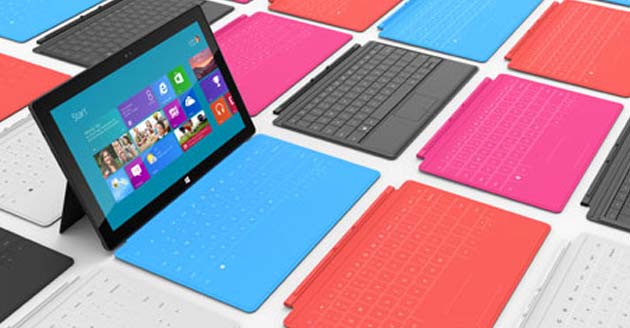

Google: The World (Wide Web) is Not Enough
And then there's Google. After irking its Android OEM partners by acquiring Motorola Mobility few months back, Google announced Nexus 7, an Android tablet in partnership with Asustek, at the recent Google I/O event. In the past, Google has released flagship Android smartphones while unveiling new versions of Android operating system. Several critics fear that Google could give Motorola Mobility preferential treatment helping the company to launch flagship devices with exclusive features or early into the market.
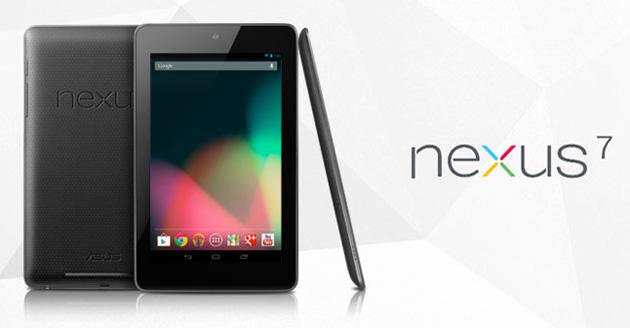

By virtue of acquiring Motorola Mobility, Google now manufactures broad range of phones and set-top boxes.
It is anybody's guess that Microsoft and Google would stay in a hybrid ecosystem - licensing software to hardware manufacturers broadly while releasing few signature devices. Apart from the ecosystem locking that a platform allows and ancillary revenues as a result of it, Microsoft's approach makes good sense. Unlike Google (Android is an open-source operating system), Microsoft also generates licensing revenues for operating system on every PC and smartphone sold by the OEMs.
It is different for Apple which thrives with its closed ecosystem. Apple is, in principle, a gadget company. With iPad, iPhones, iPods, and Macbooks, Apple delivers consumer devices for computing and digital media. Microsoft and Google have broader palette - Microsoft in enterprise software and Google in search and Internet advertising - apart from a zillion other touch-points.
The experience at that touch-point is what's driving the change and bringing in new players. While the ecommerce major, Amazon, now sells eBook readers and Android tablets, several rumors claim that Facebook might be working on a Facebook Phone. While Bill Gates was right, the magic show needs some nice props.
Catch all the Latest Tech News, Mobile News, Laptop News, Gaming news, Wearables News , How To News, also keep up with us on Whatsapp channel,Twitter, Facebook, Google News, and Instagram. For our latest videos, subscribe to our YouTube channel.



















